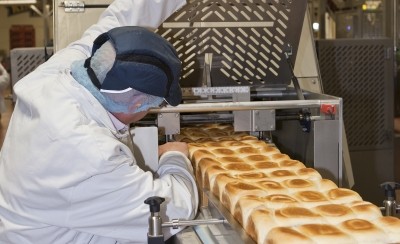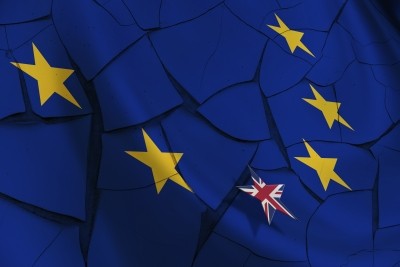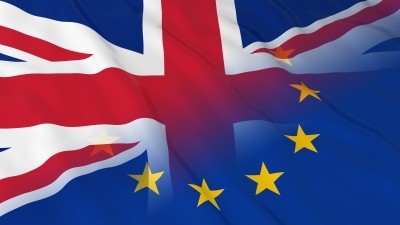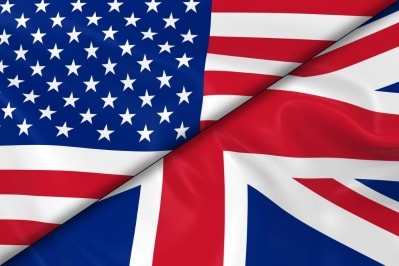Business and Labour back Single Market access calls
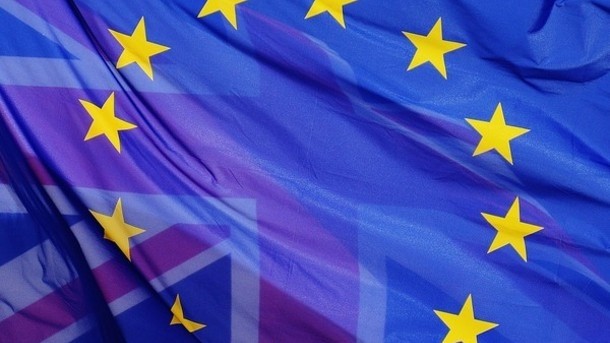
It was common sense to remain inside the market of 510M EU consumers until a final Brexit deal was in place, to avoid a ‘cliff-edge’ transition for industry, said CBI director-general Carolyn Fairbairn. The UK needed a bridge to the new EU deal, as it was impossible to imagine a trading agreement would be clear by the end of March 2019 – when Brexit talks were due to end.
“Our proposal is for the UK to seek to stay in the Single Market and a Customs Union until a final deal is in force. This would create a bridge to the new trading arrangement that, for businesses, feels like the road they are on,” said Fairbairn, speaking at London School of Economics on July 6.
“Our proposal is for a limited transition period paving our way to a new future. This common-sense approach would bring continuity to firms in the UK and the EU and protect investment today.”
Stability for a number of years
A deal to stay inside the Single Market and Customs Union until Brexit would provide UK and non-UK businesses with stability for a number of years, and encourage investment, she said. It would also guarantee continuity for business operations, and would make trading less complicated, Fairbairn added.
The CBI’s stance was backed by manufacturing body EEF. The threat of a cliff-edge Brexit deal threatened the UK’s economy, it said.
EEF chief executive Terry Scuoler said: “The absence of any clarity for businesses makes this a sensible approach to transition. The brinkmanship involved in taking Brexit negotiations to the line, while leaving businesses guessing about the likely outcome, risks causing serious economic damage.
“With a reasonable transition period, we can seek to maintain the economic benefits of participation in the Single Market and Customs Union, and move quickly to partially settling concerns expressed by many companies that the current approach to Brexit is akin to freewheeling.”
The Food and Drink Federation (FDF) has long been calling for a Brexit transition phase, avoiding any cliff-edge scenario. The long-term future of UK food and drink is dependent on the deal the next government secured, the FDF had said.
The Labour Party also agreed with Fairbairn, and said Prime Minister Theresa May’s Brexit plan to quit the Single Market was a threat to jobs and the economy.
‘A threat to jobs and investment’
Labour’s shadow secretary of state for exiting the EU Keir Starmer said: “The speech from CBI underlines what Labour has been saying for months; that May’s Brexit strategy risks a cliff-edge for the economy, and is a threat to jobs and investment.
“Labour agree that we need an early commitment to ensure strong transitional arrangements, and that these should be on similar terms to those we currently enjoy. Without that commitment, and without a bridge to new trading arrangements with the EU, there will be growing uncertainty for businesses and investment decisions will be delayed.”
May and Brexit secretary David Davis must listen to the growing concern from businesses, and change their reckless Brexit plan, Starmer added.
Meanwhile, Brexit will be the main talking point at the FDF’s 2017 Convention on Tuesday (July 11). The Convention will address three critical policy challenges facing the food and drink sector, also including the government’s new industrial strategy and tackling obesity.
What they say about Single Market and Customs Union access
- “Our proposal is for the UK to seek to stay in the Single Market and a Customs Union until a final deal is in force. This would create a bridge to the new trading arrangement that, for businesses, feels like the road they are on”
Carolyn Fairbairn, CBI
- “The brinkmanship involved in taking Brexit negotiations to the line, while leaving businesses guessing about the likely outcome, risks causing serious economic damage. That’s why the government’s negotiating position must focus on achieving a sensible transition for business in both the UK and the EU”
Terry Scuoler, EEF
- “Labour agree that we need an early commitment to ensure strong transitional arrangements, and that these should be on similar terms to those we currently enjoy. Without that commitment, and without a bridge to new trading arrangements with the EU, there will be growing uncertainty for businesses and investment decisions will be delayed”
Keir Starmer, Labour Party
